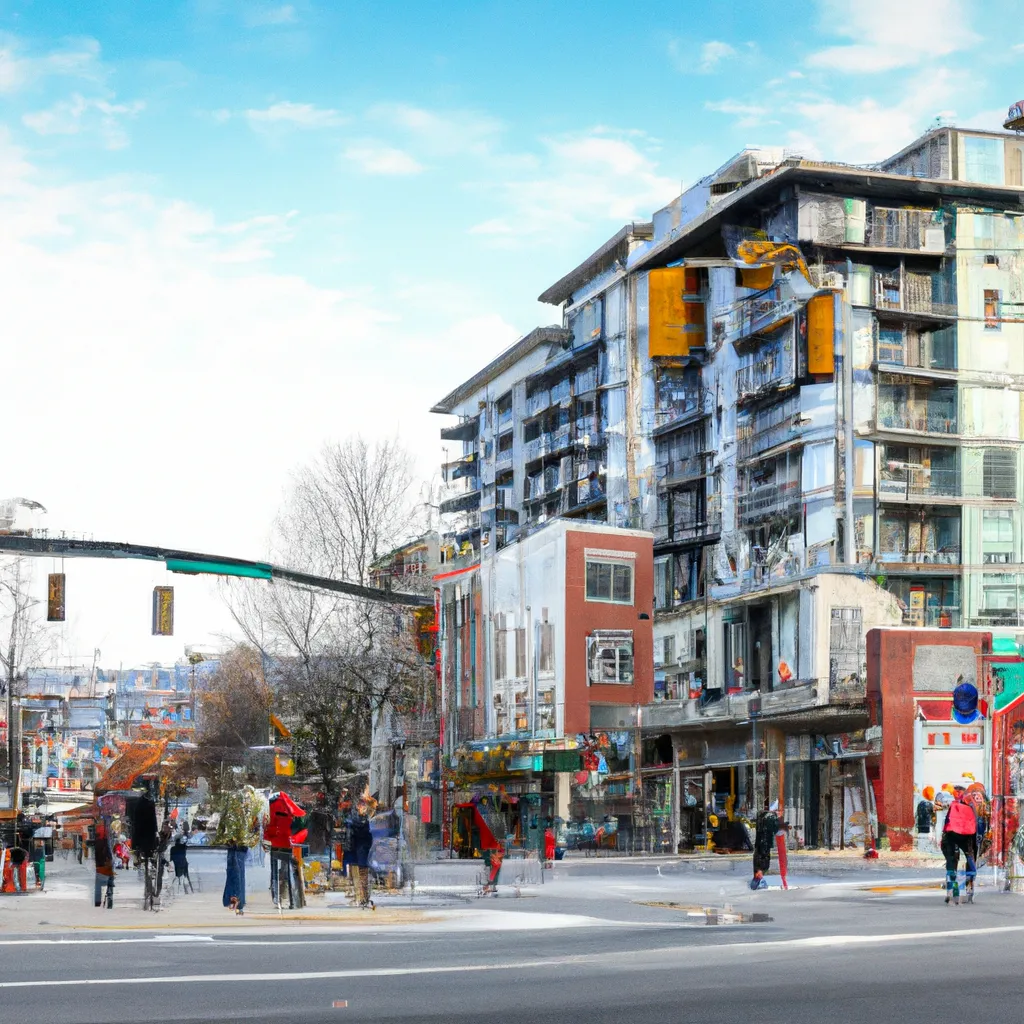Purchasing real estate in Spain is becoming an increasingly unattainable dream. People are starting to resort to...

Over the past year, Spanish families have seen their mortgages skyrocket due to rising interest rates. It's getting more expensive to borrow in this country, and homeowners with variable mortgage rates are facing ever-higher monthly payments.
With mortgages already accounting for 40 percent of most families' incomes, an alternative in real estate is emerging: home exchanges. Bartering is back. And is at its peak.
What is it?
In general terms, it is the replacement of a cash payment for a home with another property of roughly equal value, that is, a real estate swap. This practice has its roots in traditional barter and is enshrined in the current Civil Code, Article 1538 of which defines barter as "a contract whereby the parties undertake to transfer a thing to receive another".
On some real estate platforms, such as Idealista, you can find around 600 properties available for exchange, from properties for renovation to country houses or luxury chalets. The data suggests that this real estate contract model is on the rise. According to the National Institute of Statistics (INE), there were 851 property exchanges in Spain in the first half of the year, 3.5% more than in the same period of 2022. In the case of land swaps, the year-over-year increase was 16.5% through August. This is easier to understand when you consider the overall decline in residential real estate sales, which fell 23.7% year-over-year in September.
How does it work?
To purchase a property in this way, a formal valuation of the desired property (an appraisal) must be made and then placed on the market until someone offers a property that matches the needs. It is important to verify that these properties are free of administrative and mortgage encumbrances and that property tax (IBI) has been paid. Once an agreement is reached, both parties sign a contract in which they agree to transfer the property to receive the other.
14 May 2025
14 May 2025

Notice. You have to keep in mind that it is very difficult to find a case where both properties have the same value. And, although on the face of it this practice does not involve the use of money, there are often cases where the party whose property is cheaper must pay the difference. It's also worth remembering that there are two tax bases, so each party must pay the appropriate transfer tax (for the value of the property purchased) and council tax on the increase in land value (for the property sold).
Benefits
This is a way to change your home without significant financial outlay and without depending on mortgage finance. Also, these properties tend to be cheaper as they are usually appraised below market value. And since taxes and other expenses are calculated based on this price, their amounts are also lower. It is also an alternative for those who need to move to another city and are looking for a place to live in their destination but don't have the money to buy a home or mortgage.
What about mortgage housing? This can also be done. However, it is mandatory to get the financial institution's approval to change borrowers in order to make the exchange, and the price of each property will be equal to its market value minus the mortgage balance. Fotokaza gives the example of a €100,000 property with a €20,000 mortgage, in which case it could be exchanged for an €80,000 property with no mortgage. In such cases, the new owner has various options: conduct a novation to change the borrower on the mortgage, take out a new mortgage in his or her own name, or change the mortgage to another financial institution (subrogation) if it does not accept the change of borrower.
Trend
Although this "bartering" of real estate is not a new phenomenon (it was very common in land sales to developers), it is now beginning to be seen as a viable alternative in light of the current real estate market situation. And it's something that usually happens in times of economic crisis. In 2007 and 2008, for example, more than 10,000 properties were exchanged per year in Spain, almost 10 times more than in recent years. Perhaps we will return to this point in the coming years.
Comment
Popular Posts
Popular Offers

Subscribe to the newsletter from Hatamatata.com!
Subscribe to the newsletter from Hatamatata.com!
I agree to the processing of personal data and confidentiality rules of Hatamatata













